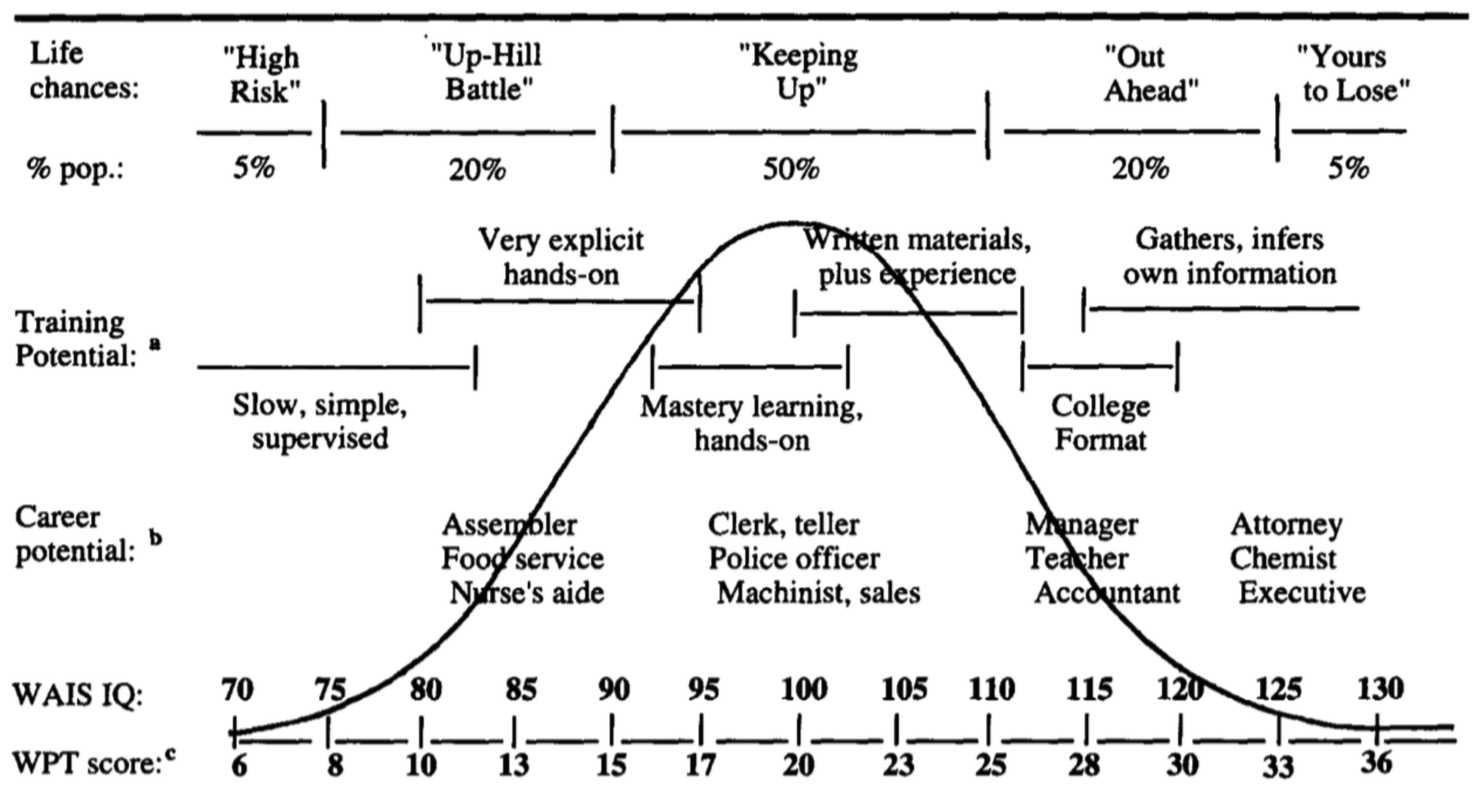I will attempt to answer the question in its positive form: *How are IQ and intelligence relevant in life?*
An old adage asserts, “If ignorance is bliss, then ’tis folly to be wise.” Indeed, when we see a mentally-challenged child brimming with joy at an achievement and simultaneously consider the stress endured by a highly intelligent surgeon struggling to save a patient’s life, we are prompted to wonder whether higher intelligence brings happiness. There are certainly many highly intelligent people who suffer stress or are profoundly unhappy, so in this sense, it could be argued that intelligence and IQ are not positively correlated with happiness, i.e., are irrelevant to happiness.
Yet why would most people prefer to have greater, rather than lesser intelligence? There are two great advantages to higher intelligence. Perhaps the second of these in importance is the advantage that a high IQ, if managed properly, confers in attaining our goals. In her article Why g Matters, (See Intelligence Vol. 24 Issue 1. 1997. pp. 79–132) psychologist Linda Gottfredson observes:
Research in job analysis and personnel selection refutes the claim that g [measured as IQ] is useful only in academic pursuits. Intelligence turns out to be more important in predicting job performance than even personnel psychologists thought just two decades ago…The key observation here is that personnel psychologists no longer dispute the conclusion that g [IQ] helps to predict performance in most if not all jobs.
In supporting her assertion of a close connection between IQ and job performance, Gottfredson compiled information from the Wonderlic Personnel Test and Scholastic Level Exam to create the display included below.
Link Between IQ and Career Potential

The row labeled “career potential” shows the spectrum of employment ranging from routine, relatively unskilled occupations at the low IQ levels to the occupations demanding complex cognitive skills at the high IQ levels. As we move from left to right along this employment spectrum, we see that the level of job complexity increases along with the corresponding IQ scores. It is not surprising that the increasing levels of complexity in the jobs match the increasing levels of complexity in the items on the IQ tests. In short, having a high intelligence as measured by IQ gives us more career choices and a greater chance of matching our occupation to our interests.
While increased control on one’s life is a practical advantage, the greatest benefit a person of high intelligence receives from their gift is perhaps the ability to understand life at a deeper level, through reading great literature, understanding the mechanisms that underpin our society and contemplating the remarkable workings of the universe. The wisdom that comes from introspection and self-knowledge is the ultimate reward received from the application of high intelligence to observation. This is probably what Socrates meant when he said, “An unexamined life is not worth living.”
